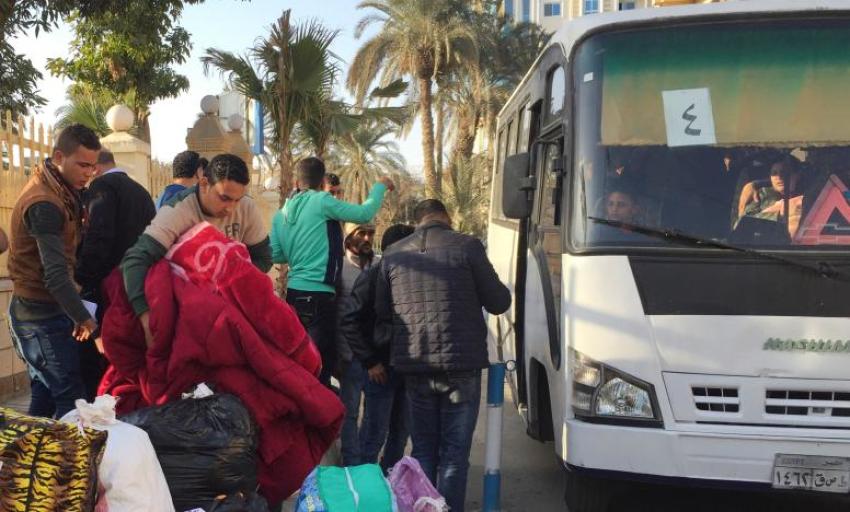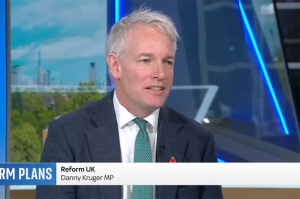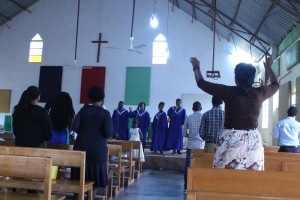Christians in the Middle East: Mass Exodus or Returning Home?

While Christians are returning to their homes after the liberation of cities from the Islamic State terror group in some countries in the Middle East, Christians are still fleeing en masse elsewhere in the region as the governments there fail to provide security to the minority community.
Weeks after the Palm Sunday bombings at churches in Alexandria and Tanta in Egypt, which killed 45 Christians, Islamic State, also known as IS, ISIS, ISIL or Daesh, recently issued a warning to Egypt's Muslims, telling them to stay away from Christian gatherings and suggesting that they would launch new attacks on "legitimate targets."
Earlier, a wave of attacks had already seen Coptic Christians in North Sinai being hunted down and murdered by armed groups, forcing at least 100 families and 200 students to flee. The bombings and IS' warning are likely to cause more Christians to flee.
By 2025, the percentage of Christians in the Mideast could go down to just over 3 percent, down from 4.2 percent in 2010, Todd Johnson, director of the Center for the Study of Global Christianity at Gordon-Conwell Theological Seminary in Hamilton, Massachusetts, tells The Wall Street Journal. In 1910, Christians in the region accounted for 13.6 percent of the population.
The accelerating decline stems mostly from emigration, Johnson explains, adding that higher Muslim birthrates could also be a contributor. He warns that the disappearance of religious minorities makes room for more radical groups to dominate in society. "Religious minorities, at the very least, have a moderating effect."
The condition of Christians in newly liberated areas in Iraq is not good either.
In an interview with Fox News earlier this year, Canon Andrew White, an Anglican priest known as the "vicar of Baghdad," said the "time has come where it is over, no Christians will be left. Some say Christians should stay to maintain the historical presence, but it has become very difficult. The future for the community is very limited."
He added, "If there is anything I can tell Americans it is that your fellow brothers and sisters are suffering, they are desperate for help. And it is not just a matter of praying for peace. They need a lot — food, resources, clothes, everything. They need everything."
However, Christian groups are helping rebuild lives and homes in Iraq, where security forces backed by a U.S.-led international coalition last year took back several cities.
The Syriac Catholic Church, the Syriac Orthodox Church and the Chaldean Catholic Church have formed a Nineveh Reconstruction Committee to plan and supervise the rebuilding of 1,200 houses on the Plains of Nineveh in Iraq.
Christians from around the world, too, have a role in the spread of Islamist extremism. Dr. Michael Youssef, Egyptian-born senior pastor of the Church of the Apostles in Atlanta, Georgia, believes that one of the most important keys to Islamic ideology's success in spreading all over the world is a vacuum of Christianity created by Christians who abandon the inerrant teachings of the Gospel.
Speaking with The Christian Post Thursday while attending the first-ever Summit in Defense of Persecuted Christians hosted by the Billy Graham Evangelistic Association in Washington, D.C., Youssef said, "Islamic ideology flourishes whenever there is a vacuum. If there is a Christian vacuum, Islam fills it," the evangelist contended. "Historically, from the first century ... that is the Islamic first century, the seventh century for us, all the way to this day, if you study history — whether it be the Church in North Africa or the Church in the Byzantine empire that has become Turkey now — it is the same story."



























